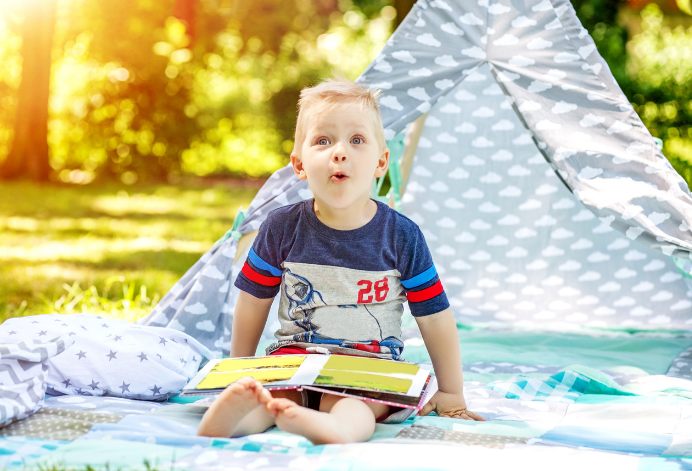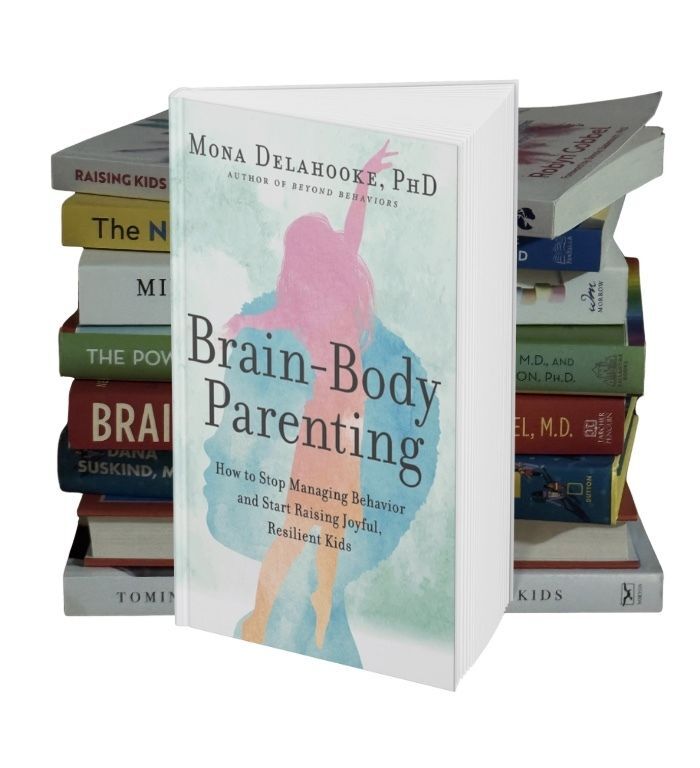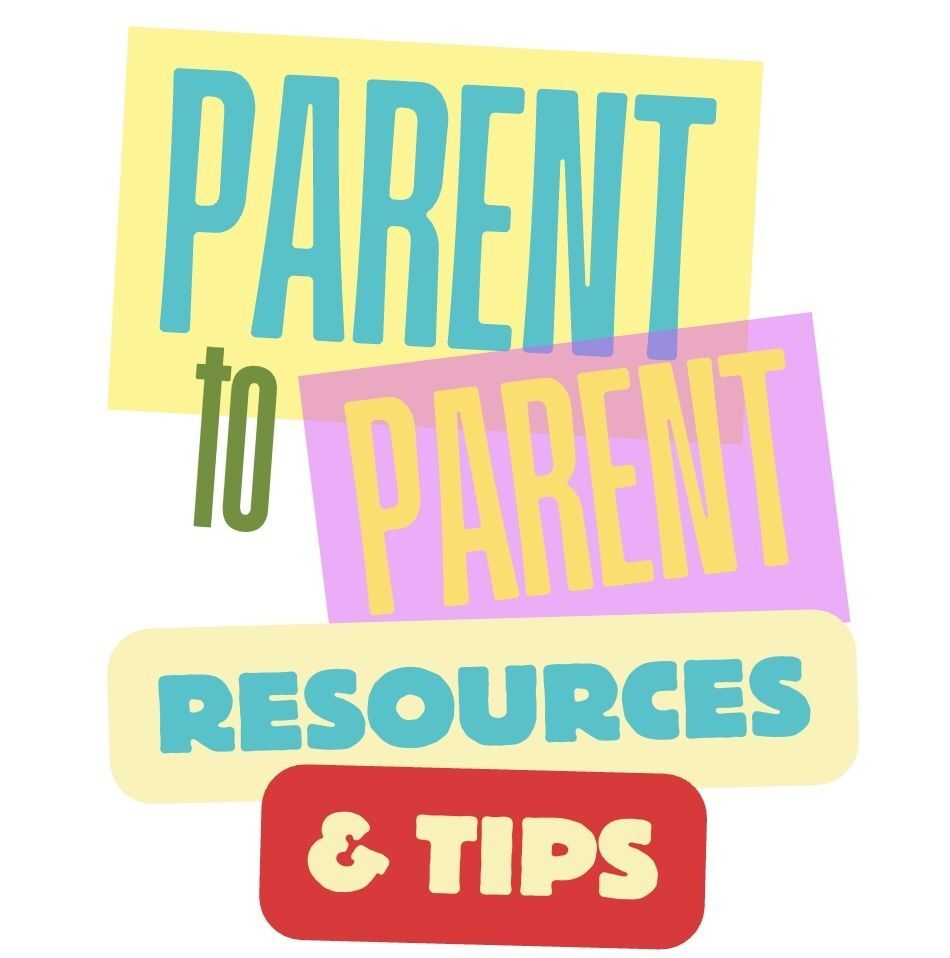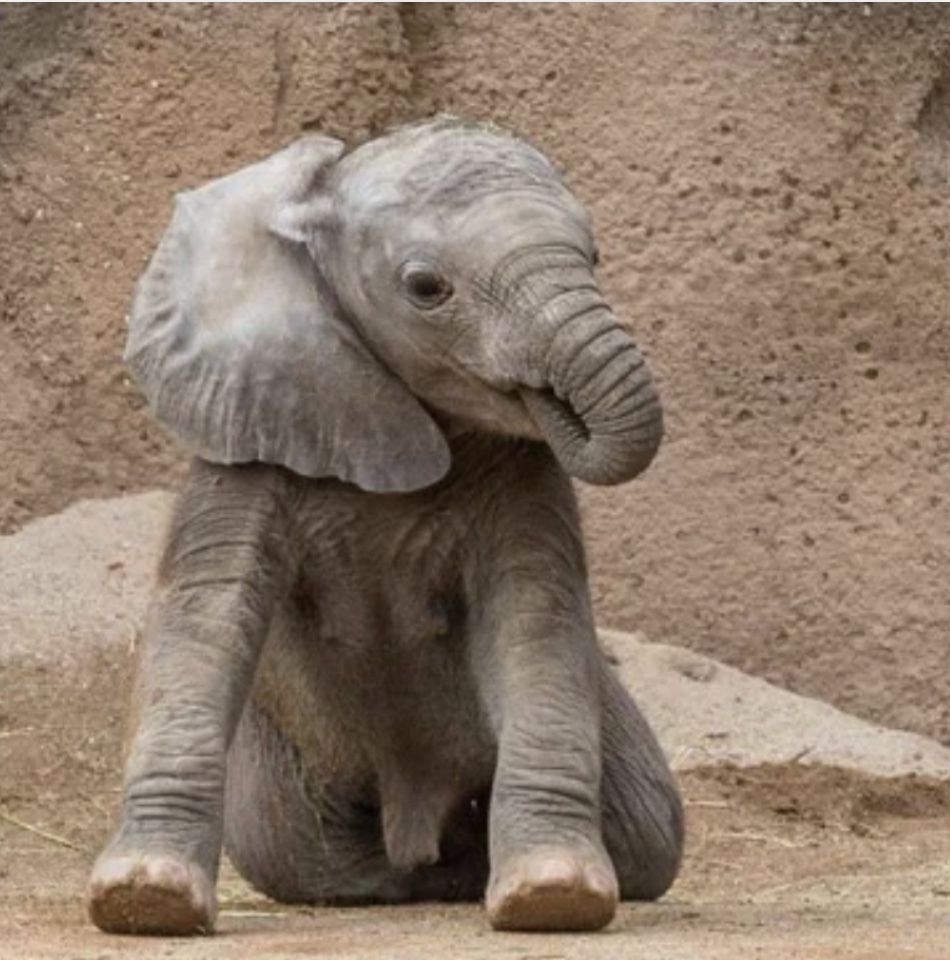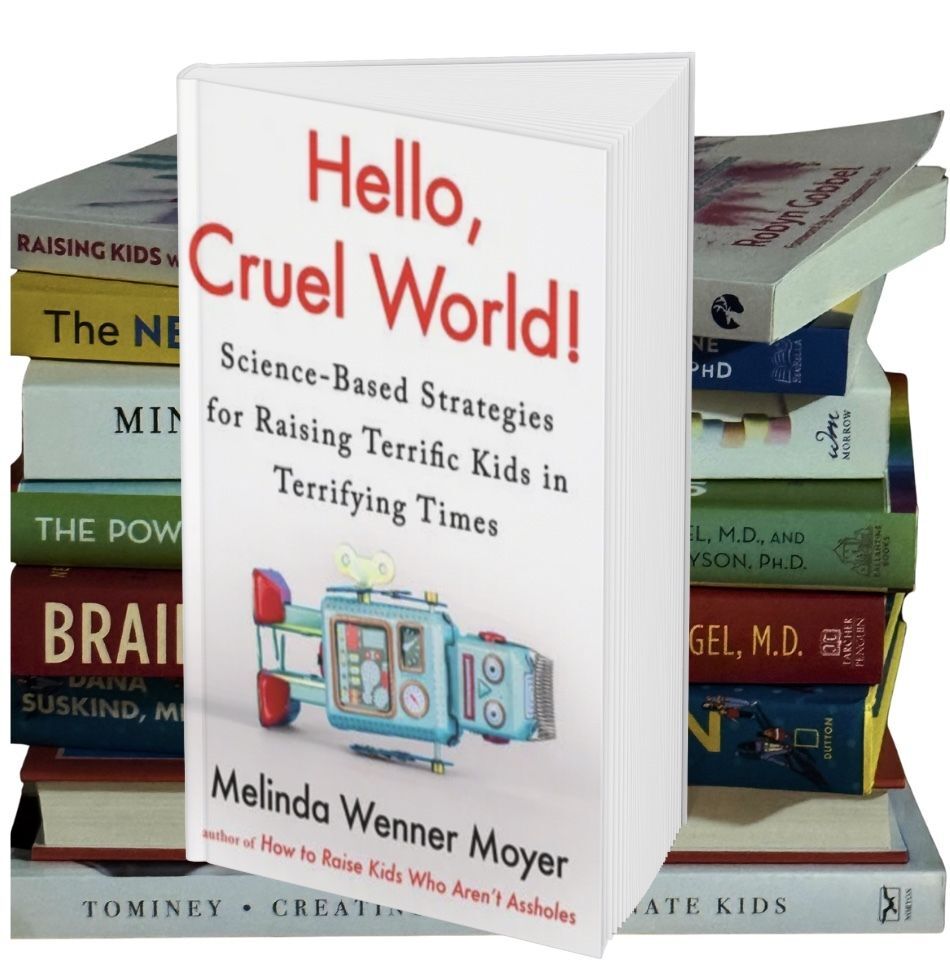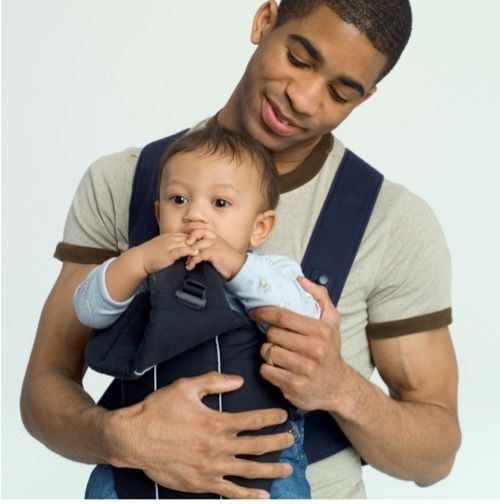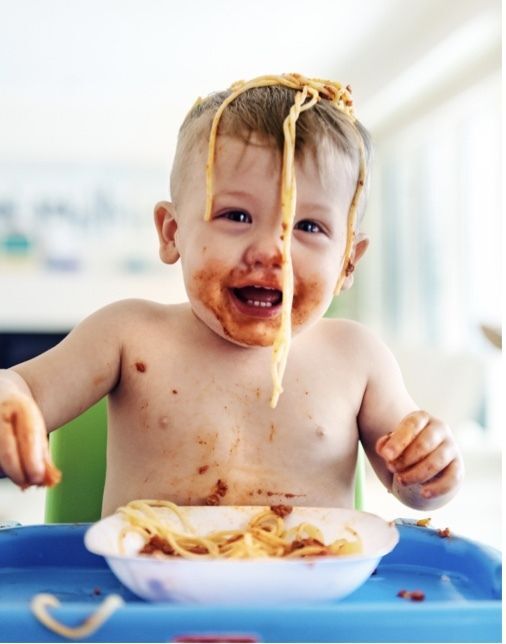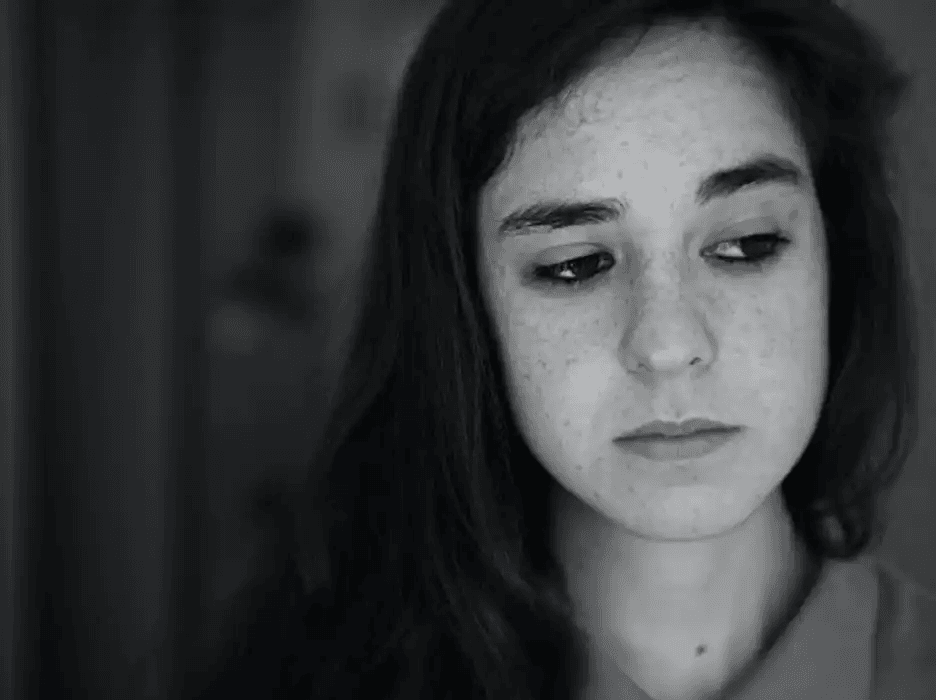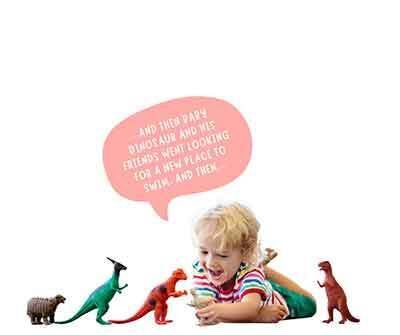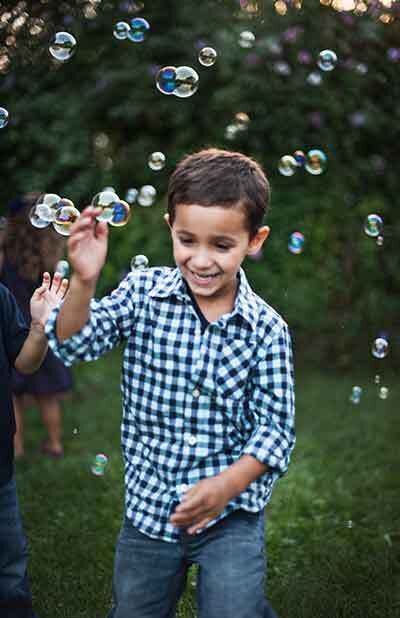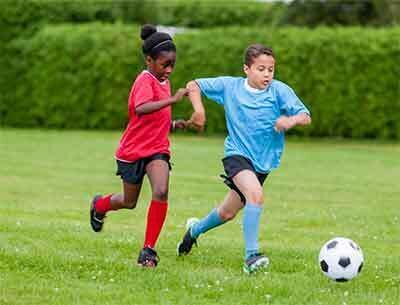Dr. Mona Delahooke’s Brain-Body Parenting offers a compassionate, science-informed approach to understanding and supporting children with challenging behaviors.
Here at FRC we’re all about supporting parents during the ups & downs of family life. During our programs we hear parents share a variety of helpful ideas and resources they have discovered as part of their journey and we thought others might benefit from a little peer to peer sharing.
Baby elephants really do suck on their trunks! In fact, they suck their trucks just like baby humans suck their thumbs, and they do it for many of the same reasons.
Thumb sucking is totally normal for babies and toddlers. During pregnancy babies can even be seen on ultrasounds sucking their thumbs.
At Family Resource Center, we regularly read and share books, especially those with helpful tips or ones that get us thinking or make us laugh.
For ages and across cultures, caregivers have been using carriers to carry around their little ones right after birth. This is often called babywearing. It means having your baby safely attached to you with a sling, wrap, or carrying support for different lengths of time. A lot of parents enjoy babywearing because it makes everyday activities like chores, shopping, or walking around easier. Babywearing can calm a fussy baby while also freeing your hands. It is also handy when you are traveling to places where you cannot use a stroller. Parents of twins may also wear their babies with one on each hip or one in front and one in back!
In 2020, when hiking with a friend who is a primary care physician, I asked her how her practice was going. She
talked about the COVID precautions and struggles and also shared that she had never seen so many teens struggling
with anxiety. She was deeply concerned, and we discussed how to support them through this eventful time best.
Since then, social anxiety and generalized anxiety have become common diagnoses (both professionally-diagnosed and self-diagnosed), sometimes shared widely on social media. Anxious feelings are normal and especially common in teens as they navigate incredible changes. For some, COVID and other world events seems to have exaggerated these feelings in unhelpful ways.
How can we best support the teens in our lives? What can we do when our teen is feeling anxious?
Suicide is a challenging topic to discuss, but we know that connecting with others, even when difficult, can change the course of a friendship or a life. September is national suicide prevention month. Let’s remind ourselves how we can best support each other. If someone you care about has died by suicide, please know it is not your fault. This information is not here to make us second-guess past conversations. We are always learning better ways to navigate challenges. And we may not make the best decisions
every time. We are human. Be gentle with yourself during this complicated time. Commit
to a phrase or comment you can hold on to if needed.
Being a parent is one of the hardest things some of us will do in our lifetime! Especially when it comes to how we are disciplining our children when each of them has their own personality! To help clarify what discipline is, it is when as parents we take what we learned growing up and teach our children how to behave appropriately. Remember, not listening, or doing something they are not supposed to do, is all part of our children growing up. We have to teach them how to behave and manage their emotions when they don’t want to listen or don’t want to do what we asked them to do.
In this article, we provide guidance that parents can use to discipline their preschool children. We hope that this can help in moments when you are not sure what to do, like when your child is not listening, or when they are doing something you don’t want them to do. We have all been there and at the end of the day, we are all just doing our best.
First let ’s set a foundation for us as parent's!
During the first year of your baby’s life, there is so much growth and development happening! It's an
important time to set the foundation for healthy eating habits that shape their health for years to come.
How do you handle challenging emotions after listening to others’ trauma? Secondary trauma is defined as “… the stress resulting from wanting to help a traumatized or suffering person.” We don’t want to lose our compassion for others, but we need to care for ourselves alongside supporting our community. Read through the strategies we have collected here to see what resonates with you.
Young kids have notoriously short attention spans. Many of us wonder how we can help our kids lengthen their focus time to concentrate longer on activities. Is the length of one’s attention span “set,” or can we change it? Read on to learn more about focus!
Play is one of the best learning tools we have. But, don't be fooled, play doesn't need to be expensive or complicated, YOU are the most important part of play! Read on for quick tips to fill play with learning and connect with your child in the process.
You can love your family, while also taking steps to protect yourself and your children from exposure to violence. It is common to feel “frozen” and scared to talk about your experiences, but reaching out to someone you trust may help you and your family find support and community that is critical during times of crisis.
Join us and Dr. Kristen Yax to dive into the flip side of empathy and self-care... with a twist!
Short on reading time with your child? Dr. Kathryn Leech, an Assistant Professor at the University of North Carolina’s School of Education, shares some important reasons why we don’t need to worry!
Kids are accomplishing serious work when they play! Learn why play is important for developing critical social-emotional skills, and how you can create more opportunities for play in your family.
We don't know many things about Colic -- but what we do know goes a long way in helping us deal with the frustration parents experience.
Check out these seven important considerations to take into account as a parent of a child playing sports in the wake of the pandemic!
Ideas to support a healthy relationship with your child(ren)’s school!

